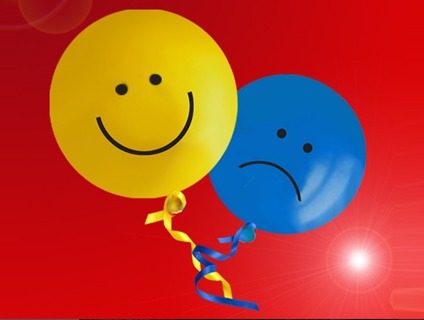You have assignments due...You have assignments due, reports to finish, and a multitude of other life chores to complete in our fast-paced world. You know what you have to do and you’re smart enough to do it. Yet you can’t focus on one thing for more than a few moments. It’s frustrating living with ADHD. Sometimes you may want to pay attention to a task for more than a couple minutes and end up realizing you got distracted with something else a minute ago.
ADHD doesn’t always manifest itself like shown on Television, especially in adult patients. It’s not simply having a fly in your field of vision and becoming distracted. We like to equate it as your brain being an internet browser with too many tabs open. Often, ADHD can feel like endless rivers of thoughts chained together through association, with a dollop of imagination thrown in.
These symptoms are not detrimental in of itself; however, with life throwing so many obstacles and to-do lists our way, it’s important to be able to prioritize. Finishing a report might constitute as an 8 on the importance scale, taking out the garbage could be a 4, and checking your email a 3. ADHD can feel like every one of those is a huge blaring 10 – leaving you scrambling in various directions all at once. Many of our patients have only some of these symptoms, but not others – and some have all those described above. It’s why we tailor a specific treatment plan to each individual patient, achieving the most reasonable and effective balance that allows YOU to live the best life you can.
Treatment of ADHD at Spandana Mind Hospital includes :
A) Assessment : Using
1. Clinical Interview plus
2. Conner’s parent & teacher Rating Scale
3. Vineland Social Maturity Scale
4. Behavioral Checklist in Children
B) Medication:
ADHD medications reduce hyperactivity and impulsivity and improve their ability to focus, work, and learn
C) Therapy/Counseling :
1. Behavioral therapy is a type of psychotherapy that aims to help organizing tasks or completing schoolwork, or working through emotionally difficult events. Behavioral therapy also teaches a person how to: monitor his or her own behavior give oneself praise or rewards for acting in a desired way, such as controlling anger or thinking before acting
2. Social skills training Therapists may also teach children social skills, such as how to wait their turn, share toys, ask for help, or respond to teasing. Learning to read facial expressions and the tone of voice in others, and how to respond appropriately can also be part of social skills training.
3. Cognitive behavioral therapy can also teach a person mindfulness techniques, or meditation. A person learns how to be aware and accepting of one’s own thoughts and feelings to improve focus and concentration.
4. Family and marital therapy can help family members and spouses find better ways to handle disruptive behaviors, to encourage behavior changes, and improve interactions with the patient.
5. Special Education and Training Children and adults with ADHD need guidance and understanding from their parents, families, and teachers to reach their full potential and to succeed. For school-age children, frustration, blame, and anger may have built up within a family before a child is diagnosed.
6. Parenting skills training (behavioral parent management training) teaches parents the skills they need to encourage and reward positive behaviors in their children to change a child’s behavior. They may also learn to structure situations in ways that support desired behavior.
7. Stress management techniques can benefit parents of children with ADHD by increasing their ability to deal with frustration so that they can respond calmly to their child’s behavior.










